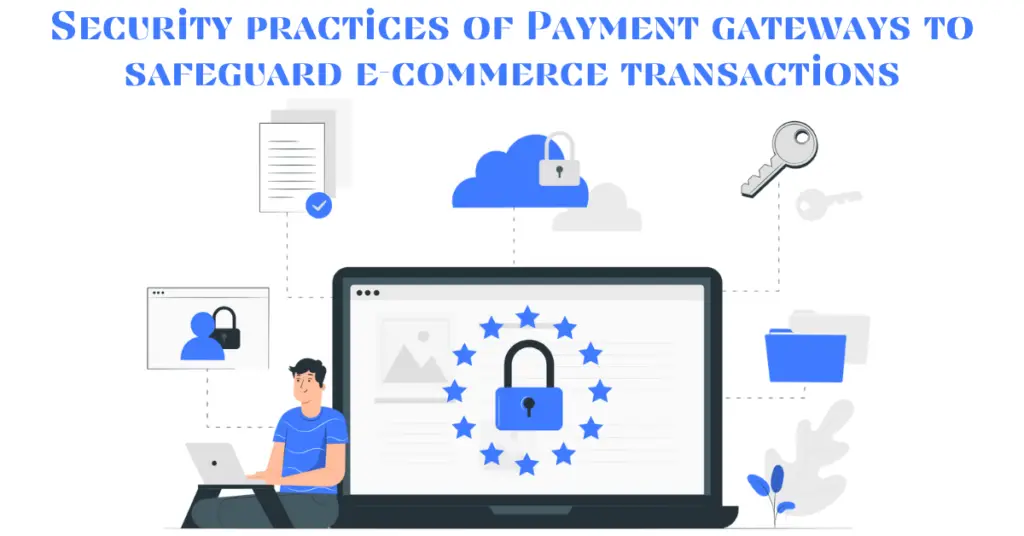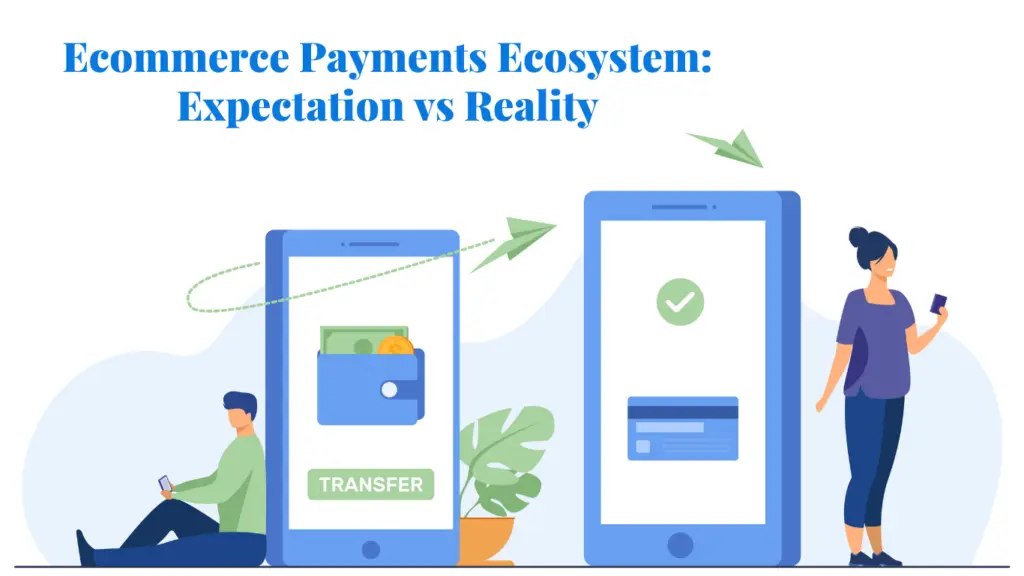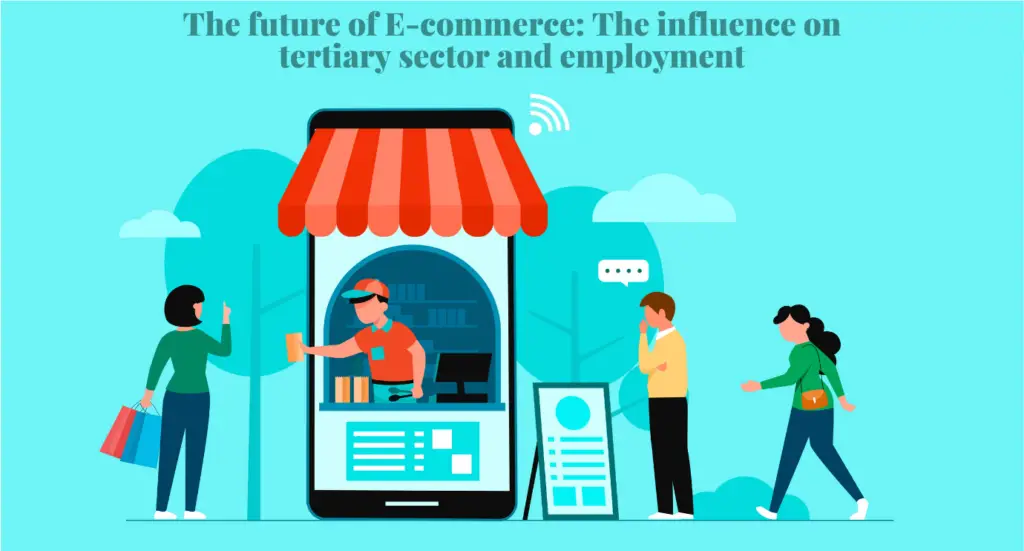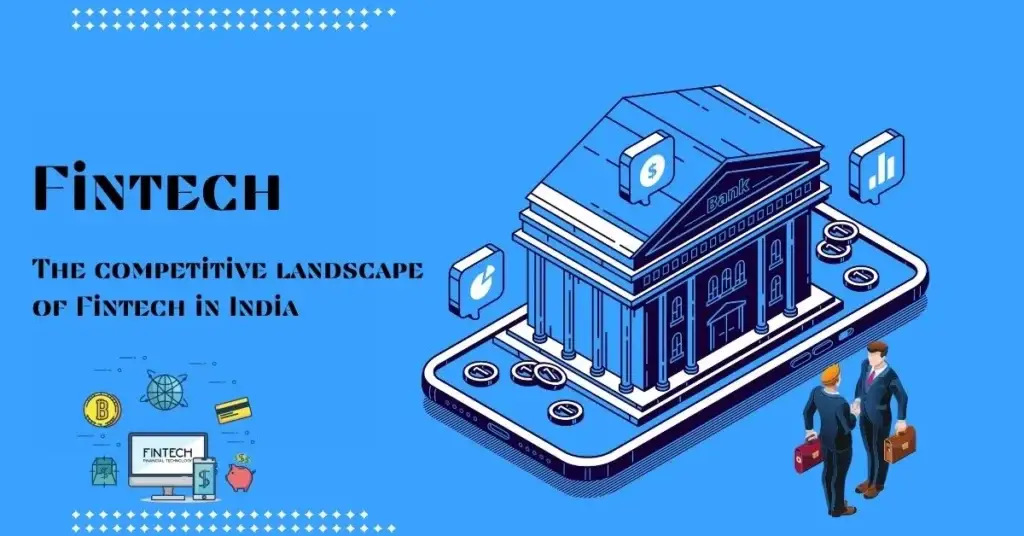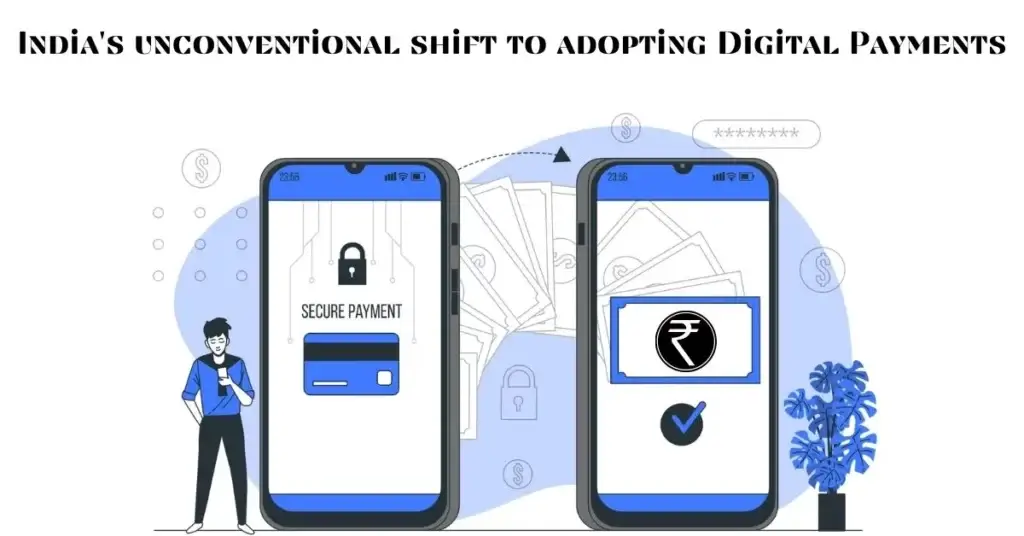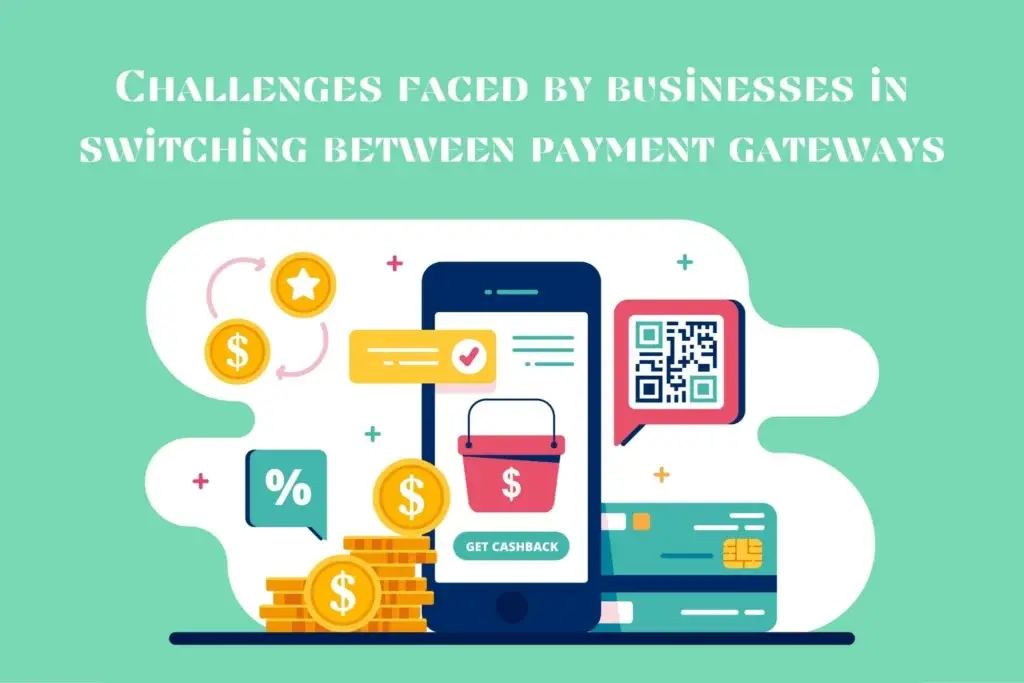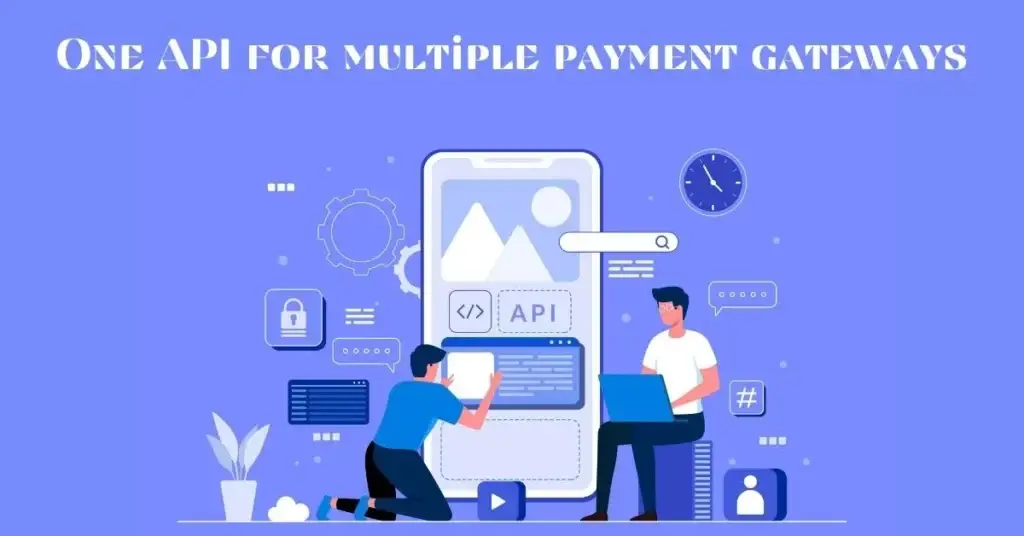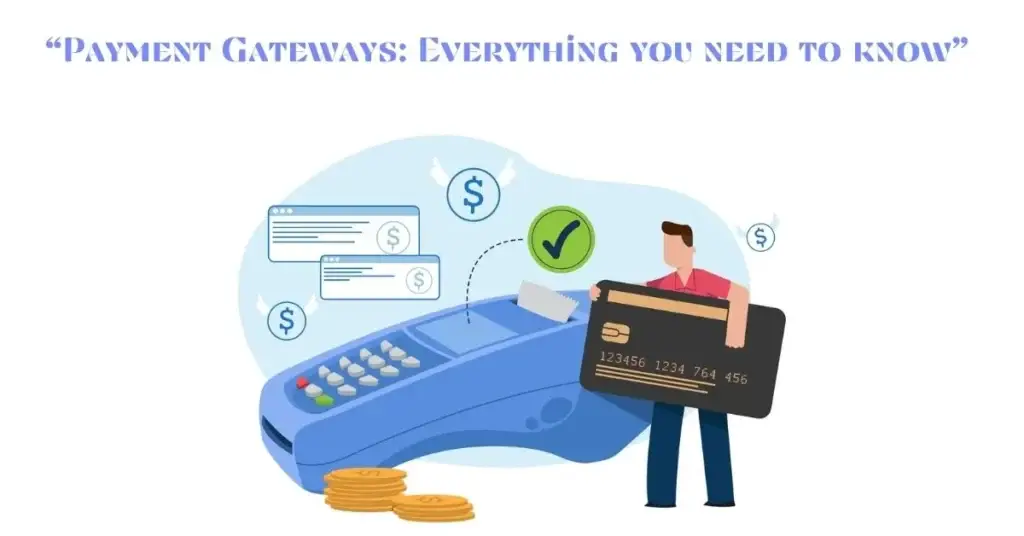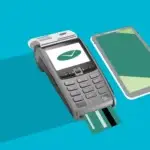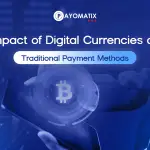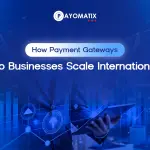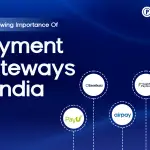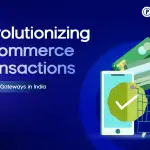Payment gateways are taking over the world by storm. They are becoming omnipresent because of their ease of use, efficacy, and secure channels. Today, every time you process a digital payment, you are met with a payment gateways. It does not matter whether you are buying groceries or an iPhone, you cannot get away from payment gateways. Payment gateways have made life easier and user experience more seamless. Though, a lot of customers still feel apprehensive when making transactions online. Even after knowing that the chances of theft and fraudulent transaction are very thin, there is always fear in the back of our minds concerning secure transactions.
The fear is completely justified as it is our hard-earned money that is in question. However, Digital payments are just going to keep skyrocketing as we go ahead. So, it is about time we understood their security mechanisms and adapted to them. After reading this blog, you will be less apprehensive about making payments online. Stepwise, we will go through all the security practices undertaken by payment gateway ecosystems that make them secure and the ultimate choice for online transactions. We will also see why they have become an indispensable part of today’s world.
How do payment gateways ensure the greatest extent of security?
Safety should be regarded on the highest pedestal when it comes to making digital payments. Buyers are required to put their personal financial details during online transactions; a lot is at stake. But these days, we do not even think twice before putting our details on an e-commerce platform during checkout.
Somewhere in the back of our minds, we are assured that the payment gateway will do a good job, of protecting us. This assumption is definitely true. Payment gateways use the following features to make transactions secure and encrypted. If you wish to finalize a payment gateways partner, you must look if they offer the following services:
- Data encryption technology: Without making it sound too geeky and technical, let us try to understand it in detail. Data encryption is a process that involves the encryption or encoding of sensitive and volatile data into ciphertext which is a secure form of text which can be deciphered only by authorised entities.
Secure algorithms of data encryption prevent hackers or malicious third parties from accessing the personal data of customers. Only sellers and payment gateways partners have access to this data. Nobody else is privy to the personal data of the customers.
Once the consumers enter their card details on the system, it gets ciphered via the public key of the payment gateways and only a private key can decipher the data. Algorithms can make use of various public and private keys to cipher the data.
Payments gateways not only have a strong data encryption ability but also keep a check on potential malicious threats at regular intervals.
- Secure Electronic transfer protocol (SET): Online businesses are engaged in a lot of digital payments that happen via credit and debit cards. The SET protocol is an instrument that makes sure that payments are processed using credit cards are carried out safely without undesirable happenings.
The protocol was developed by Visa and Mastercard. The security detail makes use of complex hashing solutions for the payments made by credit cards. SET protocols help mask customers’ personal details and keep their information confidential.
Digital signatures are used to collect credit card information, which makes it accessible only to the payment gateways. To ensure the highest extent of security, public key certificates, and safe digital signatures are used.
- Tokenisation: Tokenisation is rapidly changing the face of the digital domain. Tokenisation is a process that involves the hiding of sensitive, volatile details such as authentication codes of credit and debit cards into a unique set of codes that are popularly known as tokens.
- Anti-fraud tools: Every transaction that is made through payment gateways are scanned and supervised via fraud prevention tools. Sellers should keep in mind that a single tool will not suffice. They need a broadened approach to integrating greater levels of protection. Always aim at choosing a payment gateway with good customer support. The service person should be readily available for any kind of troubleshooting.
- 3D Secure authentication: It is a messaging protocol that involves three forums: bank, technology that helps process the transactions, and the bank that is issuing. It is an additional coat of security that helps prevent fraud, theft, and other transaction-related errors. Hence, when buyers wish to ban something, they need to confirm the transaction with a password that is generated as an extra security feature.
- Payment card industry data security standard (PCI DSS) compliance: This compliance helps sellers and financial entities provide safe payment solutions. Sellers who make use of a secure payment gateway do not have to worry regarding payment card industry data security standard compliance as an encrypted payment gateway will offer top-notch PCI level security.
The seller can completely rely on the payment gateway compliance with these security standards. Hence, they act as third-party solutions that provide sellers with the latest and best safety practices required by them.
Important things to keep in mind
When making transactions online, you should keep the following things in mind. They may save you from fraudulent transactions, malicious practices, and theft. This is important for all the businesspersons out there as well as ordinary people who make use of e-commerce sites.
- Any important entity will never ask you for your passwords. Banking entities and financial service providers have safety guidelines to gain admin access to an account if the need be.
- Do not write down your passwords. They are safer when you do not write them down. Keep longer passwords, change them regularly, and do not keep passwords that are too obvious or easy to crack using permutations and combinations.
- Remember that, you hold the right to dispute any suspicious transaction done from your account or cards. You can raise a request for chargeback and report the suspicious transaction. Always know your rights.
Conclusion
Being updated helps you make well-informed decisions. If you wish to prevent any kind of fraud, discuss your security options with the payment gateway you are planning to collaborate with and comply with the abovementioned tips for extra safety. Make safe and secured transactions with Payomatix.

